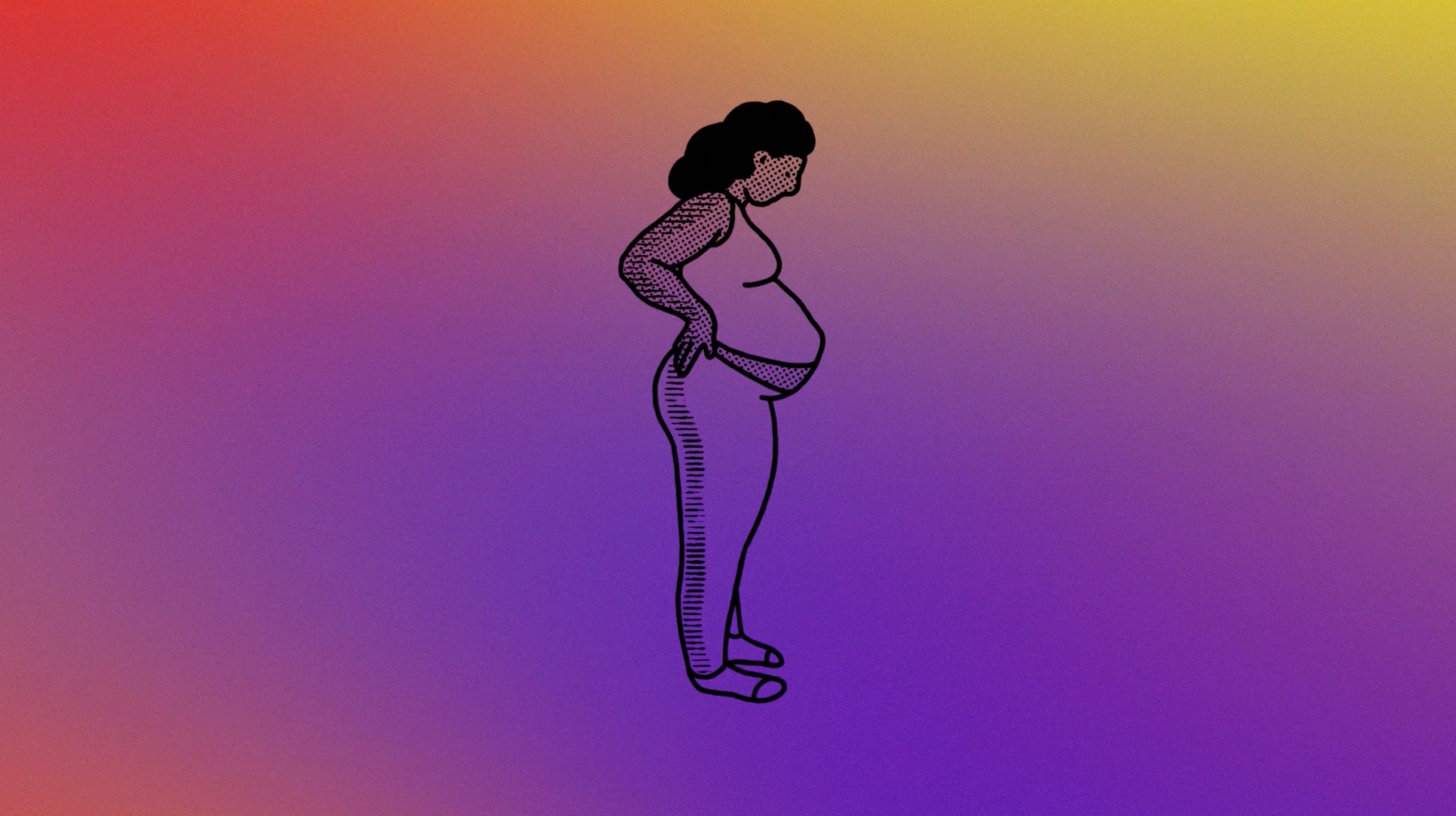
Vu-An Foster’s sunny Newark, N.J., apartment is lined with greenery. Potted plants cover every surface. Many of them came from a single seedling—one that a friend gifted her after she lost her first daughter to stillbirth.
Foster had always wanted to be a mom. She finally celebrated the birth of a healthy baby last year, after experiencing two painful pregnancy losses. After that successful birth, she suffered severe postpartum preeclampsia, a serious condition that is not only life-threatening but can also increase the risk for heart disease later in life.
Through research, she learned that her pregnancy losses were preventable. She decided to start an organization called Life After 2 Losses to share her story and support new parents with similar experiences.
“I heard the statistics about infant mortality. But to live it is a totally different experience,” Foster recalls. “The data doesn’t show you dealing with people who are cold and not compassionate in regards to your loss. The data doesn’t show you literally falling apart after having to leave the hospital with something that was supposed to be an amazing moment—and no one to show you how to navigate or how to move forward.”
Watch the third episode of Scientific American’s new documentary series A Question of Sex to learn how Foster and others are working to improve maternal health outcomes.
In the U.S., about one out of 10 infants is born preterm, or before 37 weeks of pregnancy have been completed, which leads to higher rates of death and disability. Each year there are also 50,000 “near misses” of death from pregnancy. The causes can include bleeding, heart attack, shock, kidney failure or infection in the uterus.
Many near misses are preventable but hindered by a lack of research. In the U.S., they’re actually increasing year by year, and they’re higher in Southern states and among Black and Indigenous individuals. According to a report from the Commonwealth Fund, the U.S. has the highest maternal mortality rates among 11 developed countries, in large part because of a dearth of maternal care providers and no guaranteed access to home visits or paid parental leave following birth.
Monica McLemore, a nurse-scientist at the University of Washington, became interested in reproductive health partly because she herself was born preterm in 1969. As a result, McLemore faced many health issues growing up that brought her into contact with nurses. “The people who are closest to the problem are always going to have the most innovative solutions,” she notes.
In 2021 McLemore and Foster were part of a team that published a paper on pregnancy and mental health. In it, they argued for policy changes that would enable care models that treat the whole person, such as those that involve midwives, doulas and community-based organizations.
“I think what’s worse than being invisible is being, you know, seen and neglected,” says Kristin Tully, a research assistant professor of obstetrics and gynecology at the University of North Carolina at Chapel Hill.
Through extensive conversations with new parents in the U.S., Tully has found that after childbirth, many feel overwhelmed by a host of issues—vaginal and anal tearing, nipple pain and postpartum depression, among others—and unsure of where to seek help.
“I was interviewing a mom. And she said that bad postpartum care is like a rip current pulling you out with waves, repeatedly crashing on you. And that’s how people drown,” Tully says.
This understanding led to an initiative called the 4th Trimester Project, which provides information on postpartum tools and processes to improve care for birthing parents—such as one-pagers that detail what’s normal and what’s not. The goal is to provide a virtual village so that new mothers feel less alone.
In work she conducted a few years ago, while she was at the University of California, San Francisco, McLemore kept hearing stories of “stigma and shame and judgment and blame,” she says. “For me, it’s this bigger discussion of ‘Let’s stop blaming individuals, and let’s start fixing structures.’”
